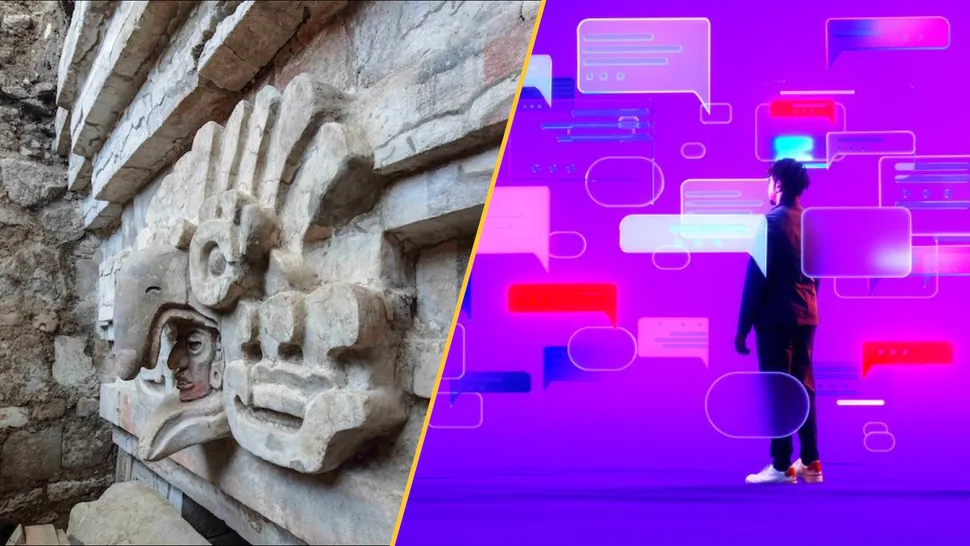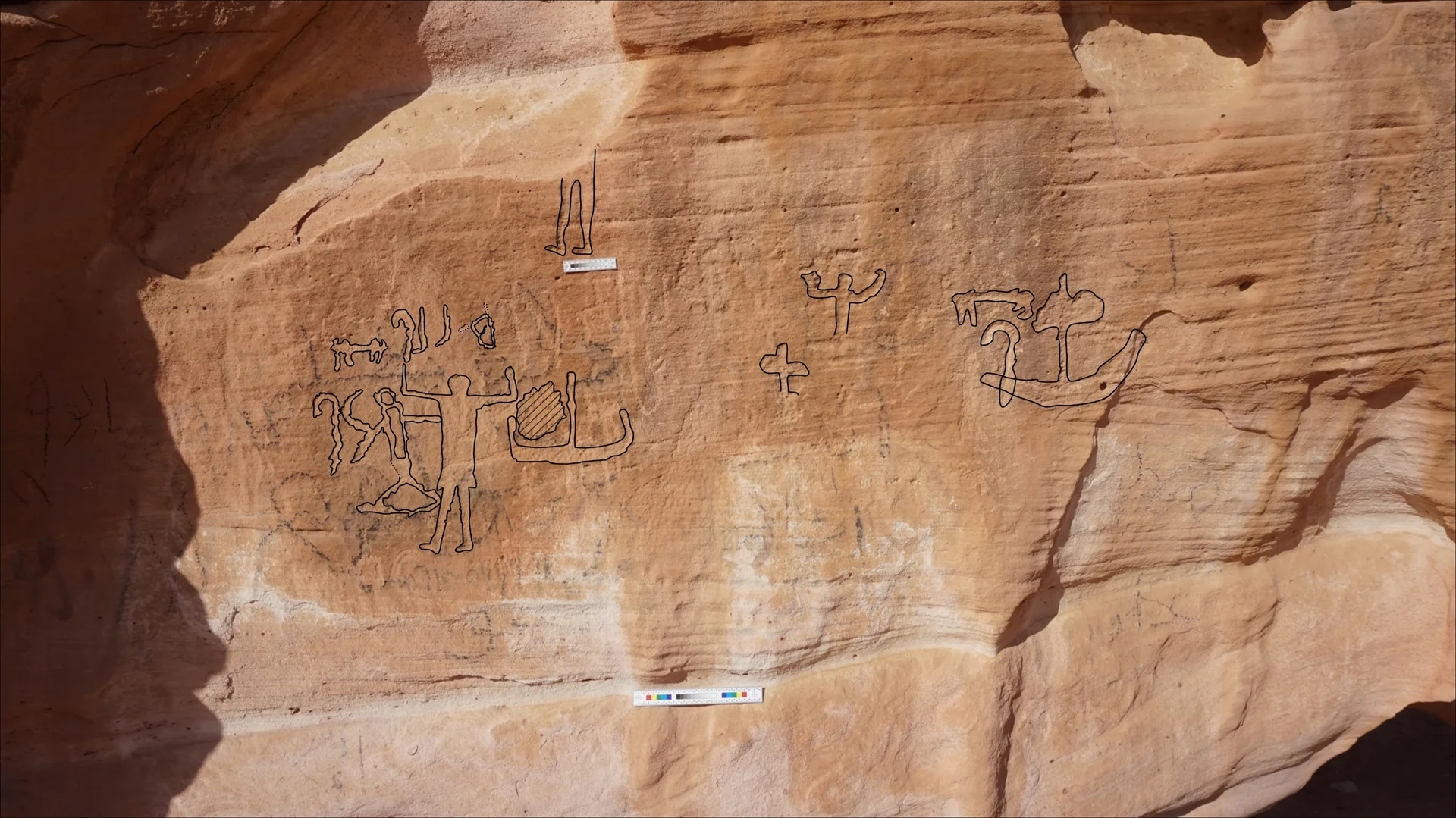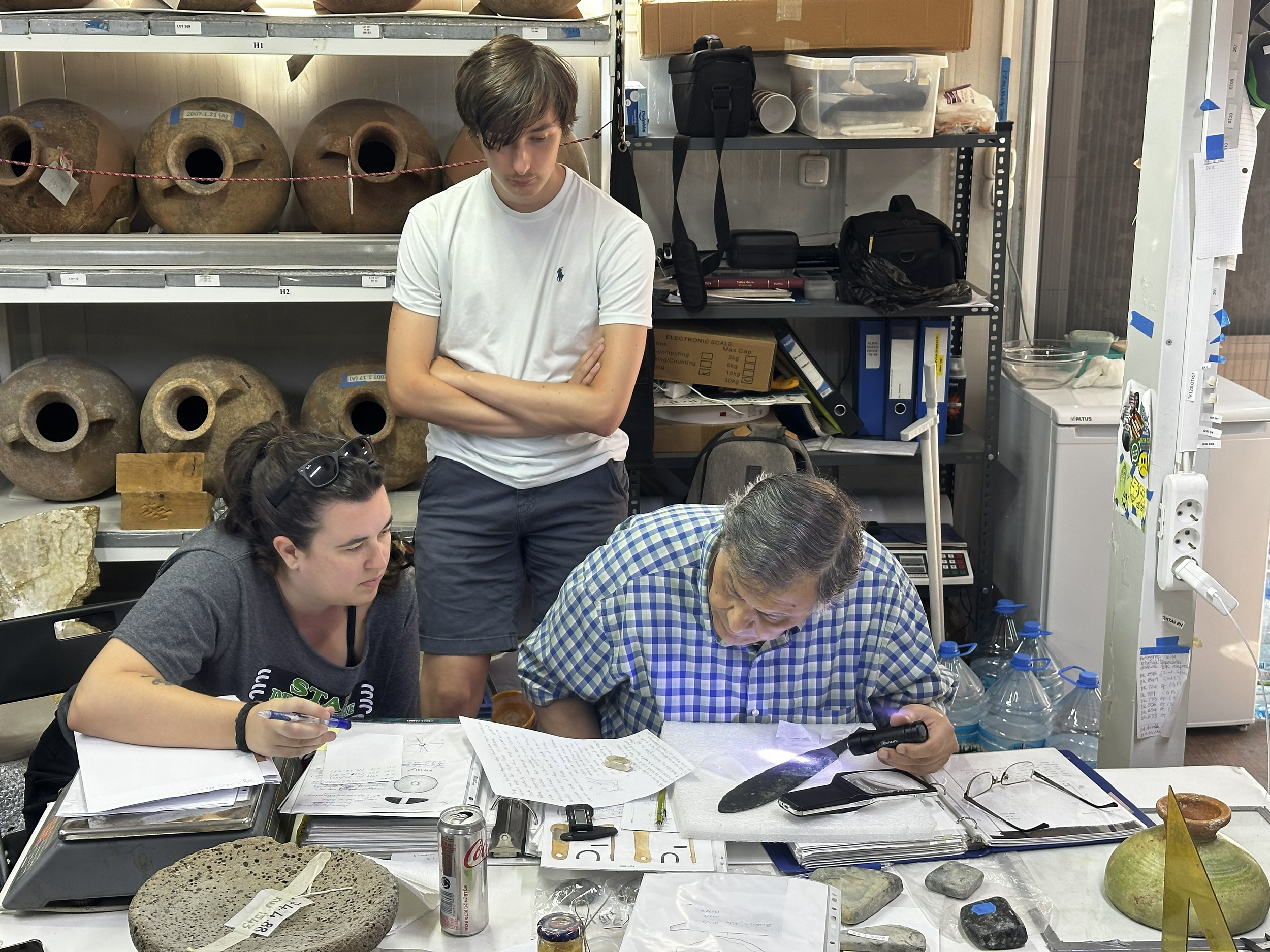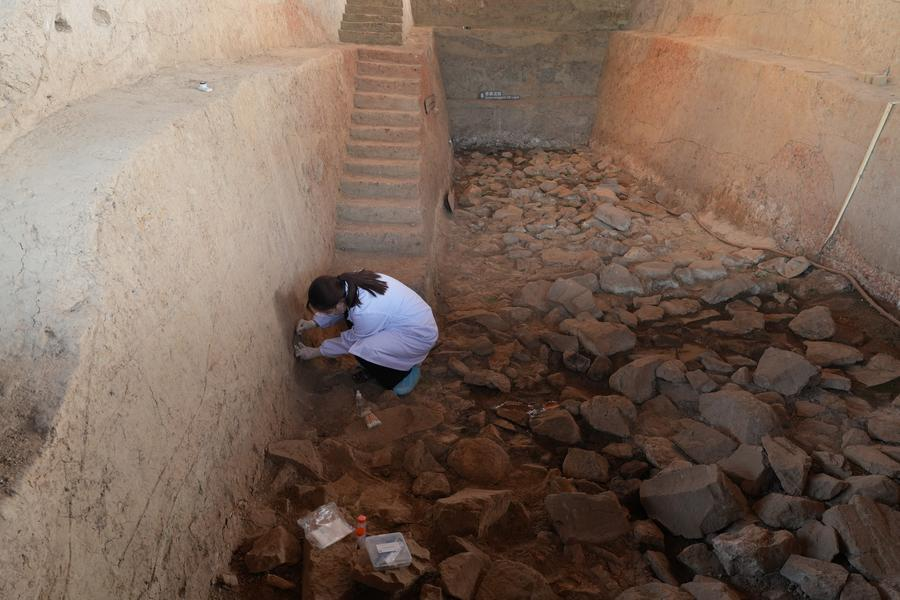Introduction
The epic poem Beowulf stands as one of the most important literary works of early English history. Composed in Old English between the 8th and 11th centuries, it is not only a thrilling tale of heroism and monstrous battles but also a crucial window into the mythology, values, and cultural identity of the Anglo-Saxon world. This article explores the story of Beowulf, its central themes, and its lasting impact on literature and myth.
The Story of Beowulf
The poem follows the adventures of Beowulf, a noble warrior of the Geats, who journeys to the kingdom of the Danes to help King Hrothgar rid his mead hall, Heorot, of the fearsome monster Grendel. After a fierce battle, Beowulf defeats Grendel with his bare hands. However, his victory is short-lived, as Grendel’s mother seeks revenge. Beowulf pursues her to her underwater lair and slays her with a magical sword.
After his heroic feats, Beowulf returns to Geatland and eventually becomes king, ruling wisely for many years. In his old age, he faces his final challenge—a mighty dragon that threatens his kingdom. Although he slays the beast, Beowulf is mortally wounded and dies a hero’s death. His people mourn him and honor his legacy with a grand funeral.
Themes in Beowulf
Heroism and Bravery
Beowulf embodies the ideal warrior—fearless, strong, and honorable. His willingness to fight powerful foes, even at the cost of his life, reflects the heroic code of the Anglo-Saxon culture.
Fate and Destiny
The concept of wyrd (fate) plays a significant role in the poem. Beowulf acknowledges his mortality and fights not for personal gain but because it is his destiny to do so.
Loyalty and Kingship
The poem places great emphasis on loyalty, whether between a warrior and his king, or between a ruler and his people. Beowulf’s unwavering allegiance to Hrothgar and later to his own kingdom showcases the societal expectations of duty and honor.
The Battle Between Good and Evil
The struggle between Beowulf and his monstrous adversaries symbolizes the eternal conflict between good and evil, a theme that has resonated through countless myths and stories across cultures.
Beowulf’s Significance in Early English Literature
Historical and Linguistic Importance
As the oldest surviving epic poem in the English language, Beowulf provides invaluable insight into Old English literature, language, and storytelling traditions. Its structure, alliteration, and use of kennings (compound metaphors like "whale-road" for the sea) highlight the poetic artistry of the time.
Mythological and Cultural Influence
While rooted in early medieval history, Beowulf weaves in elements of Norse and Germanic mythology. The presence of supernatural creatures, magical weapons, and heroic quests aligns it with the mythic traditions of other ancient cultures.
Inspiration for Modern Literature
From J.R.R. Tolkien’s The Lord of the Rings to contemporary fantasy novels, Beowulf has inspired generations of writers. Its themes of heroism, monstrous foes, and the burden of leadership remain relevant in literature and popular culture today.
Conclusion
Beowulf is more than just an epic poem; it is a cornerstone of early English literature and myth. Through its gripping narrative, rich themes, and historical significance, it continues to captivate readers and scholars alike. As a testament to the values and storytelling traditions of the Anglo-Saxon era, Beowulf remains a timeless legend that bridges the past and the present.







